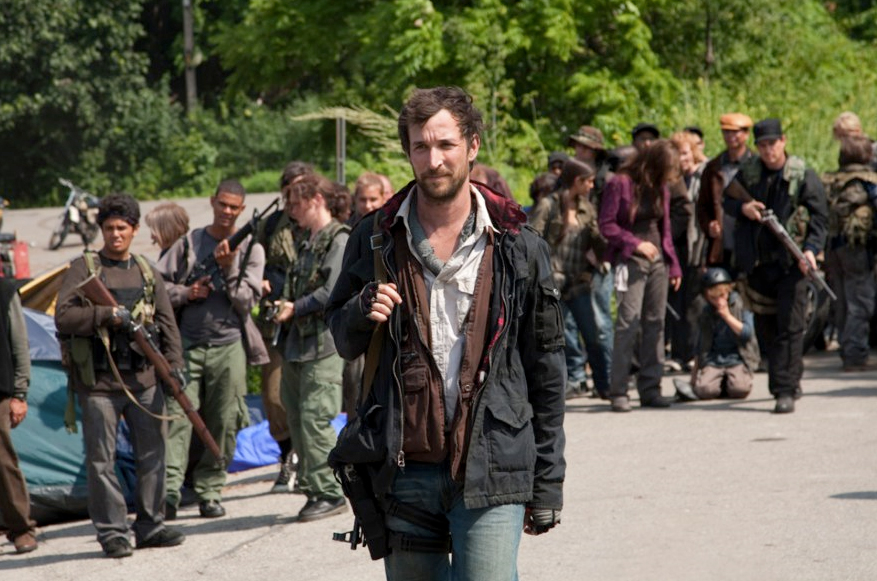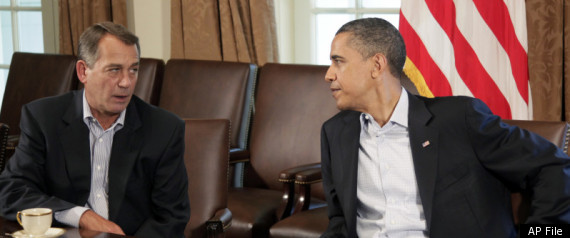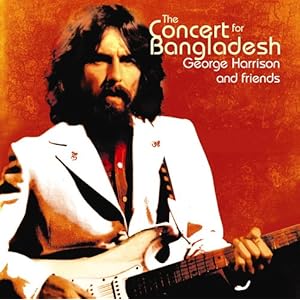 GRATEFUL FOR THE DEAD:
GRATEFUL FOR THE DEAD:
"THE MUSIC NEVER STOPPED" DVD FILM REVIEW
By Tom Ruff
August 29, 2011
One of the forgotten films of 2011 is a moving little picture by Jim Kohlberg and based on the Oliver Sacks essay "The Last Hippie." In "The Music Never Stopped" an estranged father and son, torn apart by Vietnam and a devestating tumor, attempt to reconnect through the music of the 60s nearly two decades later.
The film stars J.K. Simmons as Henry Sawyer, a father in 1986 whose son Gabriel (Lou Taylor Pucci) suddenly appears in a hospital nearly 20 after a Vietnam related fight caused him to run away. He and his wife Helen (Cara Seymour) are informed that Gabriel has been living on the streets, his brain devastated by a large and benign tumor, and with a form of amnesia that has left him with no long term memories from after the early 70s.
Henry comes across an academic study by Dianne Daley (Julia Ormond) who believes that music can help people with similar conditions communicate and build new memories, as the emotional reaction is tied to a different part of the brain. Gabriel's dad undertakes the task of learning all about the music of his son's youth, the very music that he blamed for his son's drug use and failures. As the film progresses, we learn about their family history through a series of flashbacks tied to Gabriel's response to the music of Bob Dylan, the Beatles, Buffalo Springfield, and most importantly the Grateful Dead. It becomes Henry's biggest goal in life to right the wrong of his son's youth, and take him to his first Grateful Dead show in New York City. As Henry becomes more and more immersed in the music of the 60s, he finds himself not only rekindling his relationship with his son, but also understanding just what the music of that era meant to Gabriel. A sweet and heartfelt side plot involves Gabriel's emotional connection to a woman named Celia, who he is able to remember because of the similarities of her name to the song "Cecilia". All of the subtle nuances of the plot focus on one central theme - that music, unlike anything else out there - has the ability to make everything make sense.
While this film isn't perfect, it is beautifully shot, and is able to capture the essence of how music is able to connect with people on such an emotional level, and how it is so intertwined with the Vietnam generation. The scene in which Henry and Gabriel attend the Grateful Dead show kicks off one of the most moving and emotional uses of music as a plot device in recent memories, and while implausible, the fact that "Touch of Grey" enables him to build his first new memory in decades - of he and his father attending a show together - will make you smile. The acting is fantastic, the soundtrack is excellent, and the film will make you laugh and cry. For anyone who truly appreciates music, and truly has a deep connection with the bands that they love, this movie is for you.




